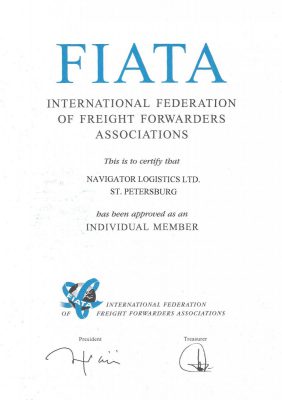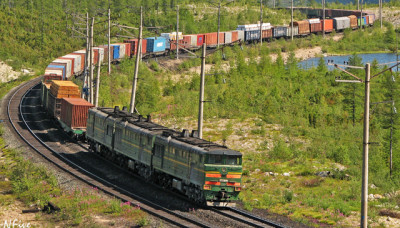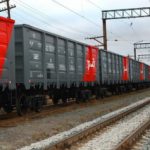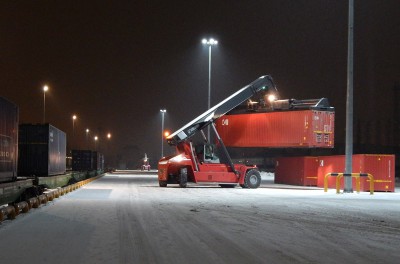The President of Russian Railways Vladimir Yakunin Sums Up Company’s Performance During 1H 2014
 During a conference call on 4 July 2014, Vladimir Yakunin, President of Russian Railways, summed up the railway network’s operational performance during January-June 2014.
During a conference call on 4 July 2014, Vladimir Yakunin, President of Russian Railways, summed up the railway network’s operational performance during January-June 2014.
According to Yakunin, in the first half of 2014, tariff turnover increased by 5.6% due to a 7% increase in the average distance over which freight was transported and a reorientation of freight traffic to ports, with the highest increase being recorded in Russia’s Far Eastern region. During January-June, the railways shipped 599.5 million tons of freight, 1% less than during the same period in 2013. From the beginning of the year, the largest decline in loading volumes occurred with construction goods, which fell by 15.2%, black coal, down by 0.9%, cement, down by 6.2%, and imported goods, which dropped by 16.4%.
“The completion of a number of major investment projects, in particular the construction of the Olympic facilities and the development of Sochi, was reflected appropriately in the growth rates of loaded building materials,” said Vladimir Yakunin.
The slowdown in exports was caused by the deteriorating conditions on foreign markets. In the near future, a slowdown in loading of oil and petroleum-related products is also predicted due to repairs at a number of refineries.
At the same time, Russian Railways has increased the efficiency of its cargo complex on quality indicators of rolling stock use, such as routing speed, the average weight of the freight trains and the average daily productivity of each locomotive. In addition, a reduction in the specific consumption of electricity and diesel fuel across the whole network has been achieved.
“In June 2014, the block speed of loaded wagons was 524 km/day, 4 km/day more than last year,” said Vladimir Yakunin. “At the same time, the block speed of freight trains without excluding train standing time for reasons outside the control of Russian Railways, was 569 km/day, while the block speed of container trains was 892 km/day, an increase of 1.6%. The block speed on the project “Transsiberian in 7 days” was 1,084 km/day, an increase of 3.1% compared to last year.”
“It should be noted that we have ensured a positive trend in increasing freight delivery times – in June we exceeded 300 km/day. Among other things, that proves that we have reduced losses at marshalling yards and freight stations,” said Yakunin.
The block speed of a freight train takes into account the speed on the stretch, as well as the time spent standing at intermediate stations, time spent on operations at technical stations, such as a change of locomotives and locomotive crews, and technical inspections of the wagons.
Delivery times from the sender to the final recipient also take into account the speed at which the freight moves and all types of standing time, including at marshalling yards and loading and unloading stations.
http://eng.rzd.ru/newse/public/en?STRUCTURE_ID=15&layer_id=4839&refererLayerId=4530&id=106421
Similar Posts:
-
Russian Railways’ Network Loaded 103.1 Million Tons In July 2014
The container block train in Russia According to the latest figures, loading volumes on the Russian Railways’ network in July 2014 amounted to 103.1 million tons, down 3.3% on the same -
Loading data on Russian Railways network in Half-year 2017
According to the figures, published on the company’s website, the network owned by Russian Railways since the beginning of the year loaded 620.7 mln t of freight, which is 3.6% -
Russian Railways: 104.9 Million Tons In September 2014
According to the latest figures, the Russian Railways’ network loaded 104.9 million tons in September 2014, 0.2% more than in September 2013. Freight turnover in September 2014 increased by 7.4% compared



